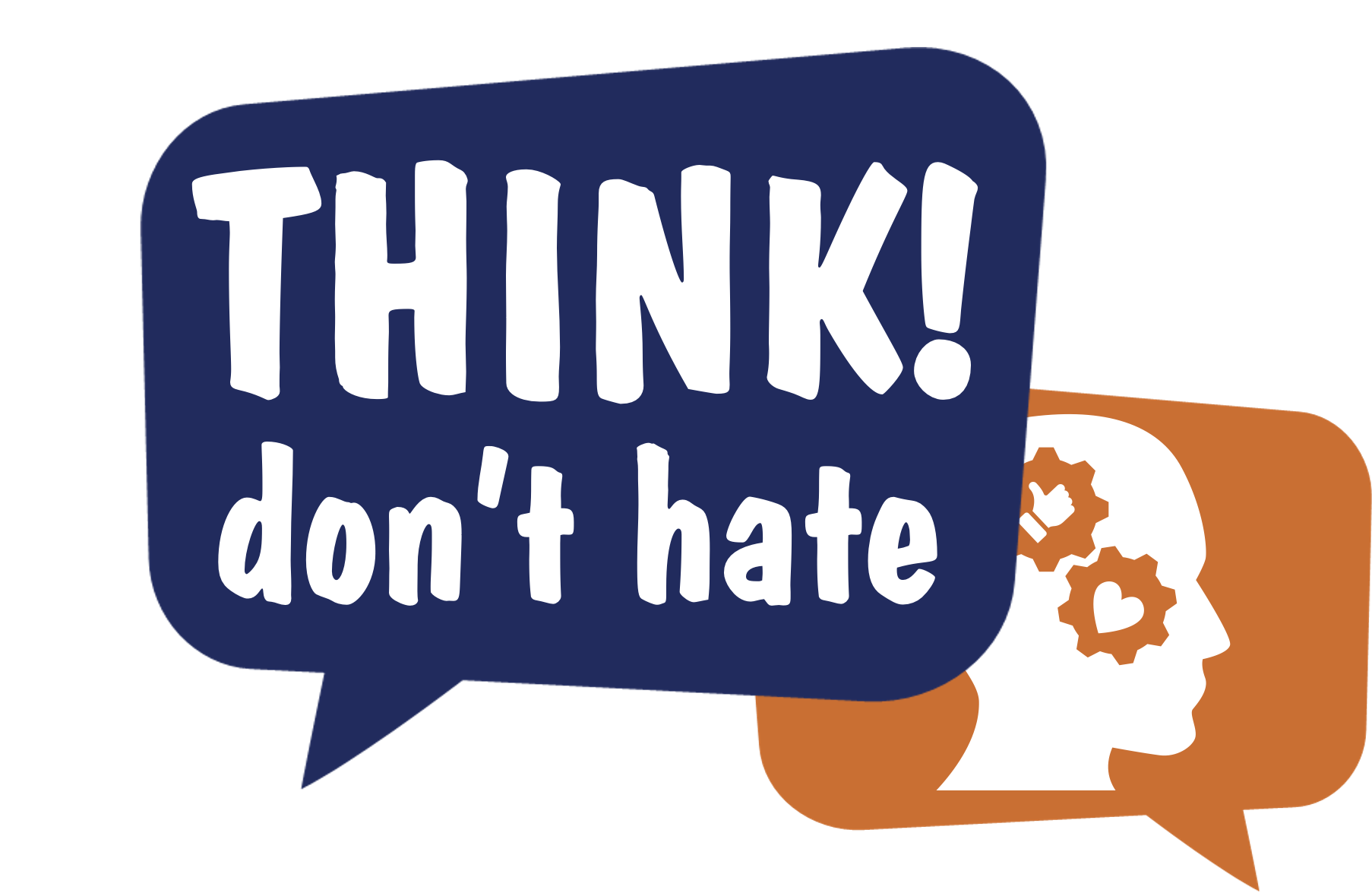
CHAPTER 1
B. Statistics and examples of online hate speech

It seems that people have a hard time understanding the real meaning and pure essence of basic human rights, struggling to follow the limits between concepts such as “freedom of speech”, “freedom of thought and expression”, “equality”, “non-discrimination”, “respect” etc. The “free and open space” of the online world allowed almost everyone to express their opinions, being up to their personal discretion, values and understanding to set limits to this freedom and ensure respect towards one another. As a result humanity was introduced to severe incidents of hate speech occuring online – and unfortunately numbers are here to confirm the gravity of this phenomenon. Certain cases of such hateful expressions have been documented and published by the joint initiative of the Council of Europe and the European Unionfor the Western Balkans, including some very concerning numbers:
Online hate speech
ALBANIA
BOSNIA AND HERZEGOVINA
KOSOVO
MONTENEGRO
NORTH MACEDONIA
SERBIA
Approximately 21% of news, opinions, and analyses published in online media between November and December of 2016 contained discriminatory contents and hate speech, a finding that was revealed in a pilot project to monitor reporting by online media in Albania. The importance of the survey, which was the first and most comprehensive so far, revealed that women were targets of discrimination and hate speech in 73% of cases.
The European Commission against Racism and Intolerance General Policy Recommendation No. 15 on combating hate speech (2015) includes for the first time the grounds of sex and gender in the definition of hate speech. However, gender was the main cause or motivation of discrimination and/or hate speech in 41 % of cases, followed by topics based on ethnicity and/or race in 22 %, political beliefs in 17 %, and sexual orientation or gender identity in 11 % of monitored items.
In addition, the latest report by the Institute for Social Research (ISF) in Albania showed that twice as many LGBTI people were targets of discrimination and exclusion compared to the rest of the population. According to the report, most of those who were targets of hate speech were targeted online, such as in comments sections on Facebook and/or Instagram.
To continue with, in 2019 in Montenegro, over 100 charges have been filed for discrimination, hate speech and verbal abuse online, following the monitoring of social media comments, which is a regular part of the work of LGBT Forum Progress.
And just in case these figures seem exaggerated or not very realistic to you, a short search in any online search engine will -for sure- make your jaw drop, as these hateful behaviours do not only appear in the habits of individuals, but seem to be quite a normality for official media, politicians or authoritative individuals that affect a large audience. To save you the trouble, here are some indicative examples:
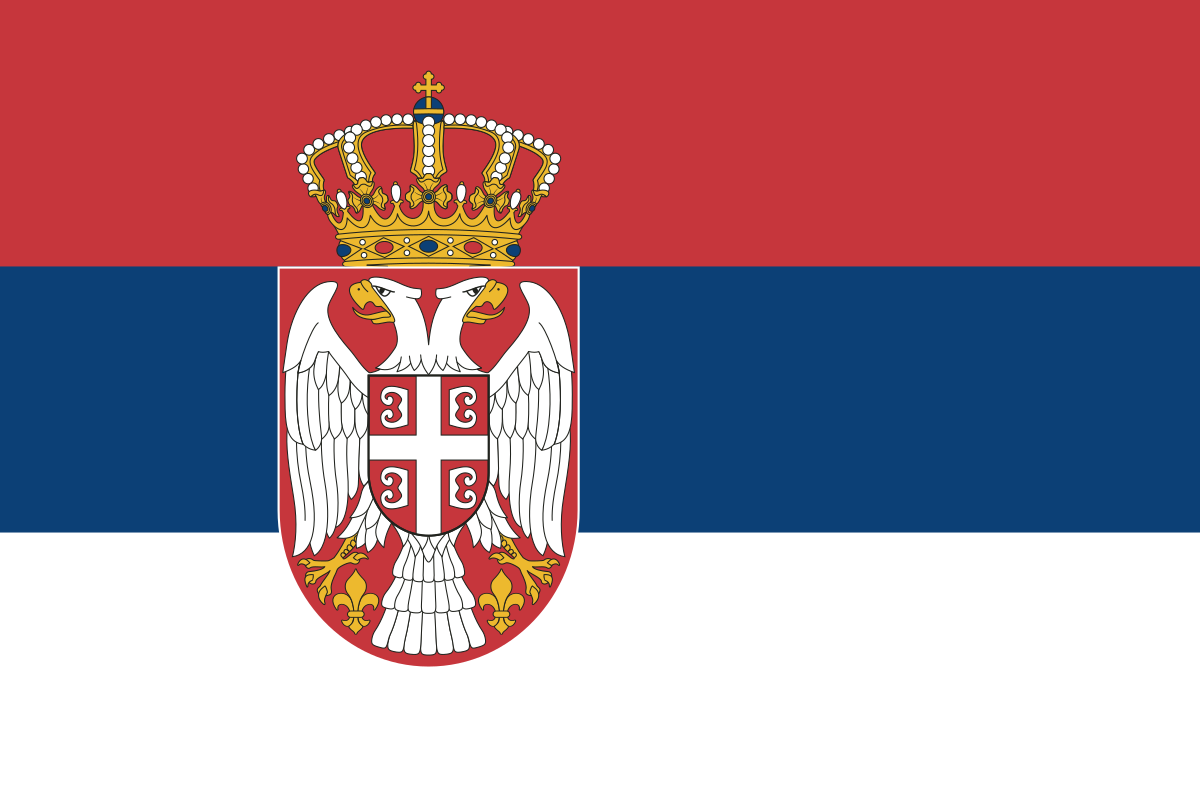
vs
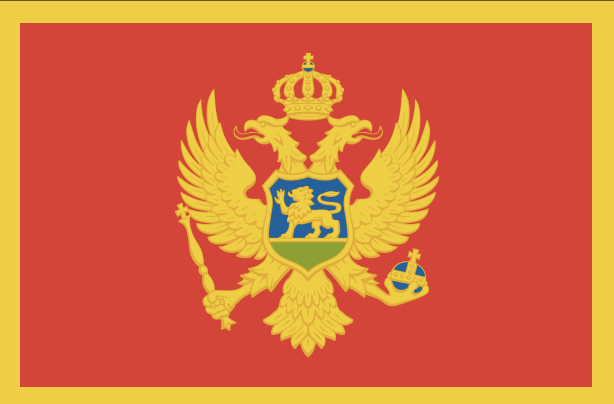

This statement by Mr. Alexandar Rakovic, is translated as “Montenegrins are mistakes, let’s conquer Niksic, then fix them.” and it was made in the morning TV show “Battle for Nikšić” of the Serbian TV channel “Happy TV”. As it is obvious, it clearly expresses nationalistic hateful narratives against Montnegrins, fanning the flames of anti-Montenegro sentiment of the Serbian population. It is important to mention that Mr. Rakovic is a well-educated Serb historian, who has studied in the Faculty of Philosophy in the University of Belgrade.
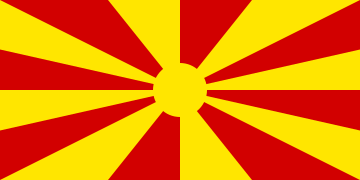
vs
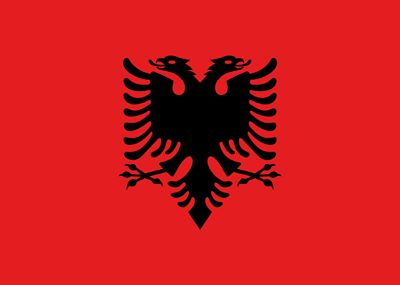
There was a Facebook group called “Death to the Shiptars”, where one could find pictures only with the character of hatred and ridicule of the Albanians. In this group, there have been numerous hateful comments such as “ONLY A DEAD SHQIPTAR IS A GOOD SHQIPTAR!!!”. The term “Shqiptar” is associated with the translation of “Albanian”, however, in this occasion it is used in a negative way, trying to offend and spread hate towards Albanians, for what the entire group has been created. It is important to mention that after a large number of reports, Facebook has banned this Group, considering its very existence as a pure violation of basic human rights and respect.
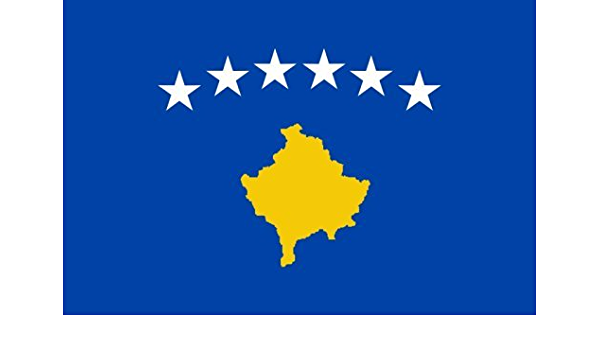
vs
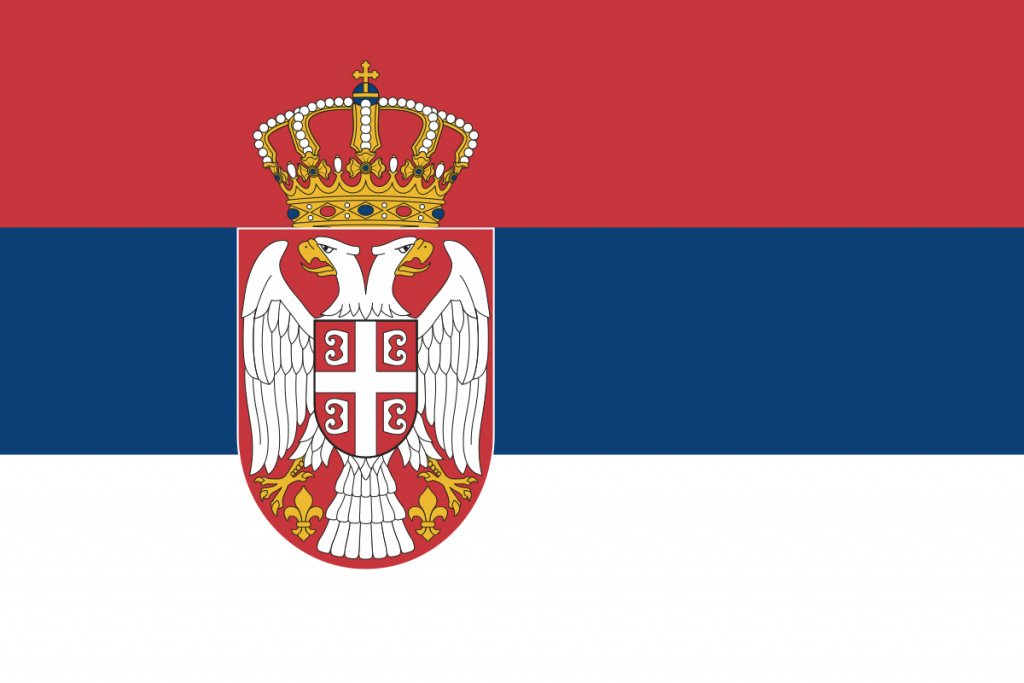
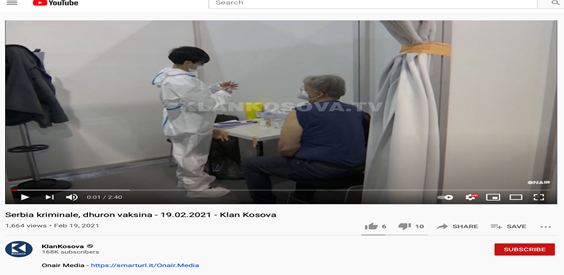
Translation: “Criminal Serbia donates vaccines- 19.02.2021 – Klan Kosova”
This is the news title in Kosovo’s official TV Channel “Klan Kosova”. The article refers to Serbia as “Criminal Serbia” and comments on the intention of Serbia to donate COVID19 vaccines to Kosovo, which eventually refused. Through the video we can see several political figures of Kosovo or statements from their side referring to Serbia as “a criminal state” or that this is just a “fake attempt to look good in the eye of the internationals”.
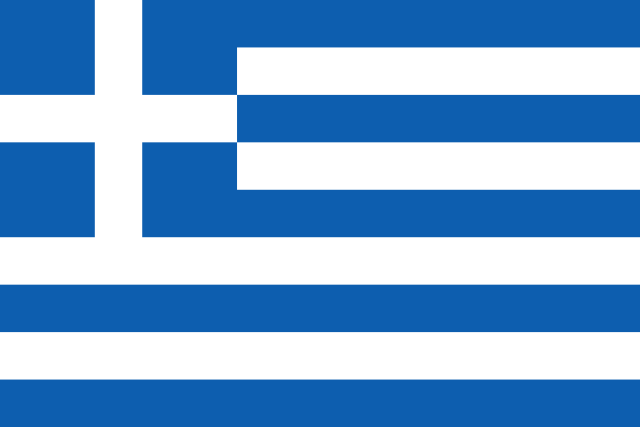
vs

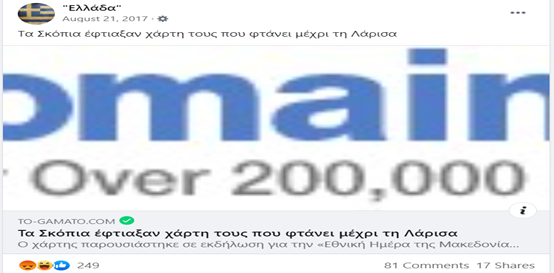

Translation:
Title: “Skopians (a term describing all individuals from N. Macedonia, used by those who do not recognise N. Macedonia) created a map that brings their borders down to Larissa. (Greek city in Central Greece)”
Comment: “Our 117th artillery’s squadron in Polikastro will make them vanish from the map in 15 minutes. Life is simple.”
This Facebook page under the name “Greece – a page for all Greeks around the world” is collecting news from all over Greece (fake or real – it is hardly ever manageable to tell), some of which provoke hatred against North Macedonia related to the sensitive geographical and historical dispute between the two countries. Currently it has 436.000 likes and such posts attract numerous followers who share hateful comments projecting violence and brutality.
Did all this give you an adequate dose of it? If not, feel free to explore the internet for more…unpleasant surprises of hate speech online, and -why not?- check the landscape in your own countries!